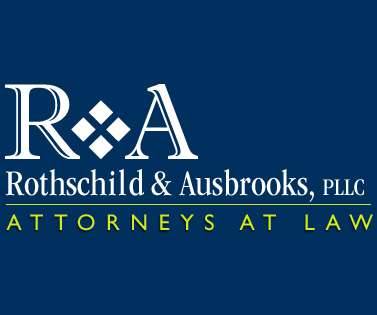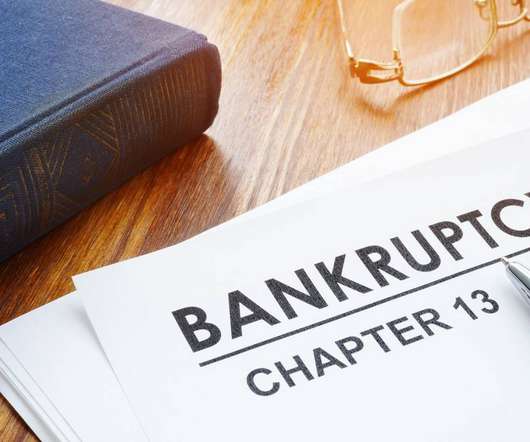Questions to Ask a Chapter 7 Bankruptcy Lawyer Before Filing for Bankruptcy
Sawin & Shea
MARCH 7, 2023
At Sawin & Shea, LLC, our Chapter 7 Bankruptcy lawyers have helped clients just like you in the Indianapolis and surrounding areas. What is Chapter 7 Bankruptcy? Most Chapter 7 cases are what we call “no-asset” cases and people keep everything they have. Will All of My Debt Get Discharged?



























Let's personalize your content